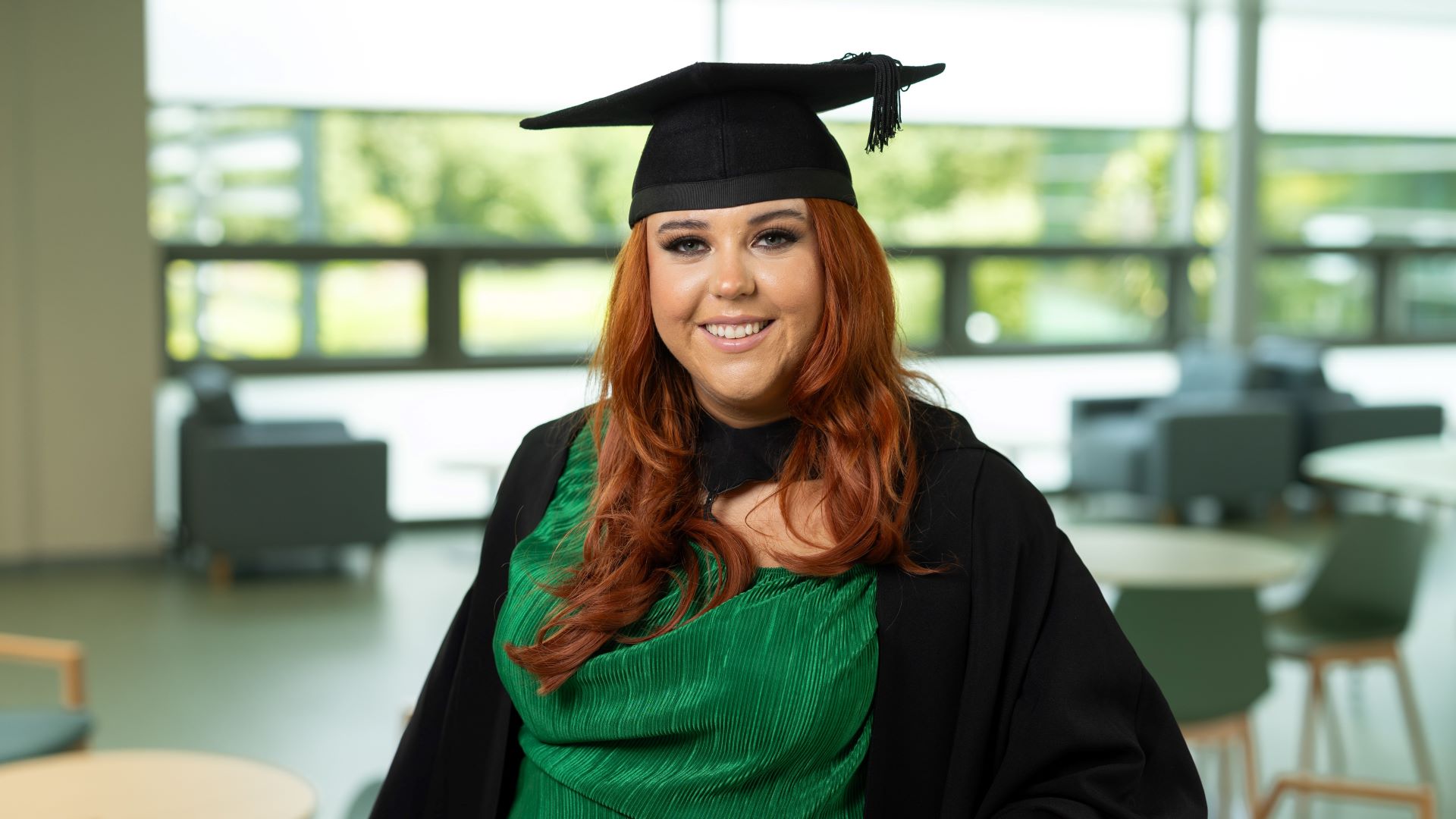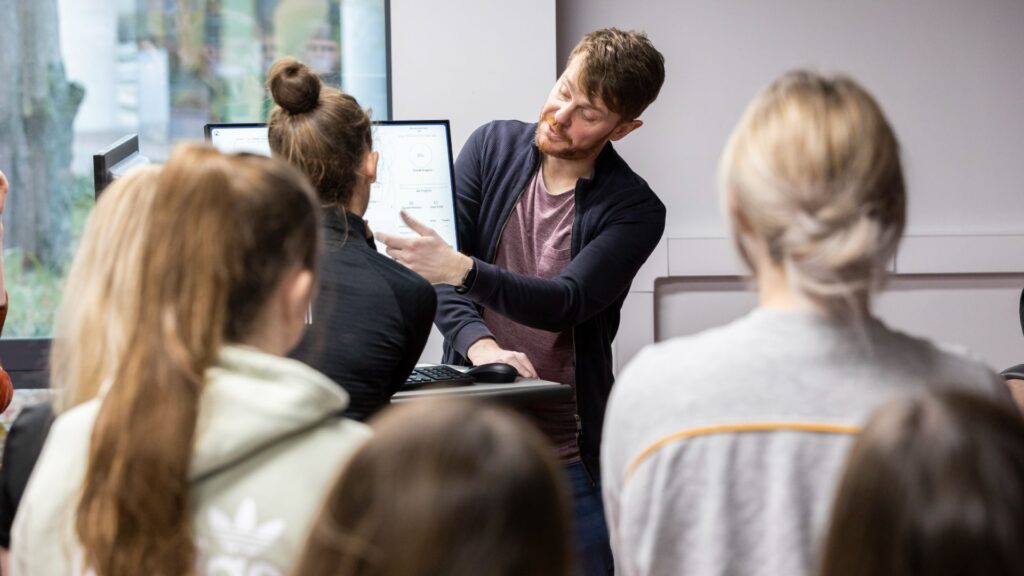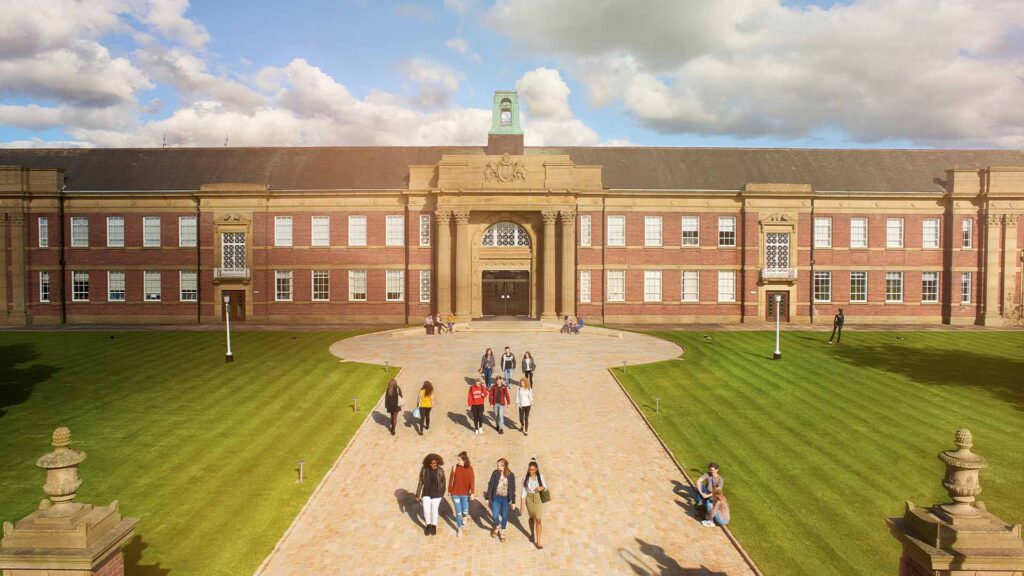Eleanor Hyland’s mum Lindsey died of cancer in 2020, a few months before she was due to start university.
The 20-year-old decided to use her undergraduate dissertation to investigate how the pandemic affected the grieving process, in tribute to her mum and her unwavering faith in Eleanor’s ability.
Eleanor said: “I felt like me, my dad Kev and brother Luke hadn’t been able to say goodbye the way we wanted to and the way she deserved; we hadn’t been able to do something meaningful to remember her because of lockdown restrictions.
“I knew from my lived experience, and from family and friends who lost somebody during the pandemic, that people hadn’t been able to properly process the loss of their loved ones.
“And after it all came out about government lockdown parties I also felt a lot of anger and resentment. I felt like everything we had gone through was for nothing.
“This research was a little nod to my mum, my biggest piece of work so far was for her.”
Professor Geoffrey Beattie described Eleanor’s dissertation as a “courageous and committed piece of work”.
“This is psychology at its best; psychology that is relevant and important.
“There is now a growing literature on how the grieving process was negatively impacted by the pandemic but Eleanor began her work with much less to guide her. The dissertation was highly insightful, it documented the experiences of grief carefully and with great sensitivity and offered fresh insights.”
Eleanor, from Wirral but now living in Southport, is the first person in her family to go to university.
“My mum always believed I could go to university and do really well, even when I didn’t. We were always really close; she was my best mate.
“One night she had a seizure at home and then the morning after, when all the test results came back, everything had just totally changed.”
Lindsey had unknowingly been living with breast cancer but tests following that first seizure revealed it had spread to her brain and spine; treatment was unable to save her.
Eleanor reached out to bereavement support groups across the country to find people to take part in her dissertation study and she was overwhelmed by the response.
Forty participants – some of whom had lost loved ones before the pandemic, some during and some afterwards – completed a mood questionnaire about their experience of grief.
“There was quite a big difference in experience,” Eleanor explained. “Those who lost someone before and after the pandemic displayed similar experiences but those who had lost someone during the pandemic had the stronger emotions and were still struggling to process things.
“The main themes were the role of social networks, social rituals and communication. We found that social rituals like funerals play a really big part in helping to process grief and helping people to move on, as does the support of family and friends.
“People who suffered a bereavement during the pandemic missed out on all that which clearly had a lasting effect.”
Eleanor was awarded a first for her dissertation and graduated from Edge Hill this week with a 2:1. She will soon begin training as a mental health social worker with a Lancashire and South Cumbria NHS Foundation Trust community mental health team based in Chorley, while studying for a Masters with Middlesex University.
Professor Beattie added: “Eleanor’s strength, resilience and commitment will serve her well in her future career.”
Find out more about studying psychology at Edge Hill University.
July 21, 2023



